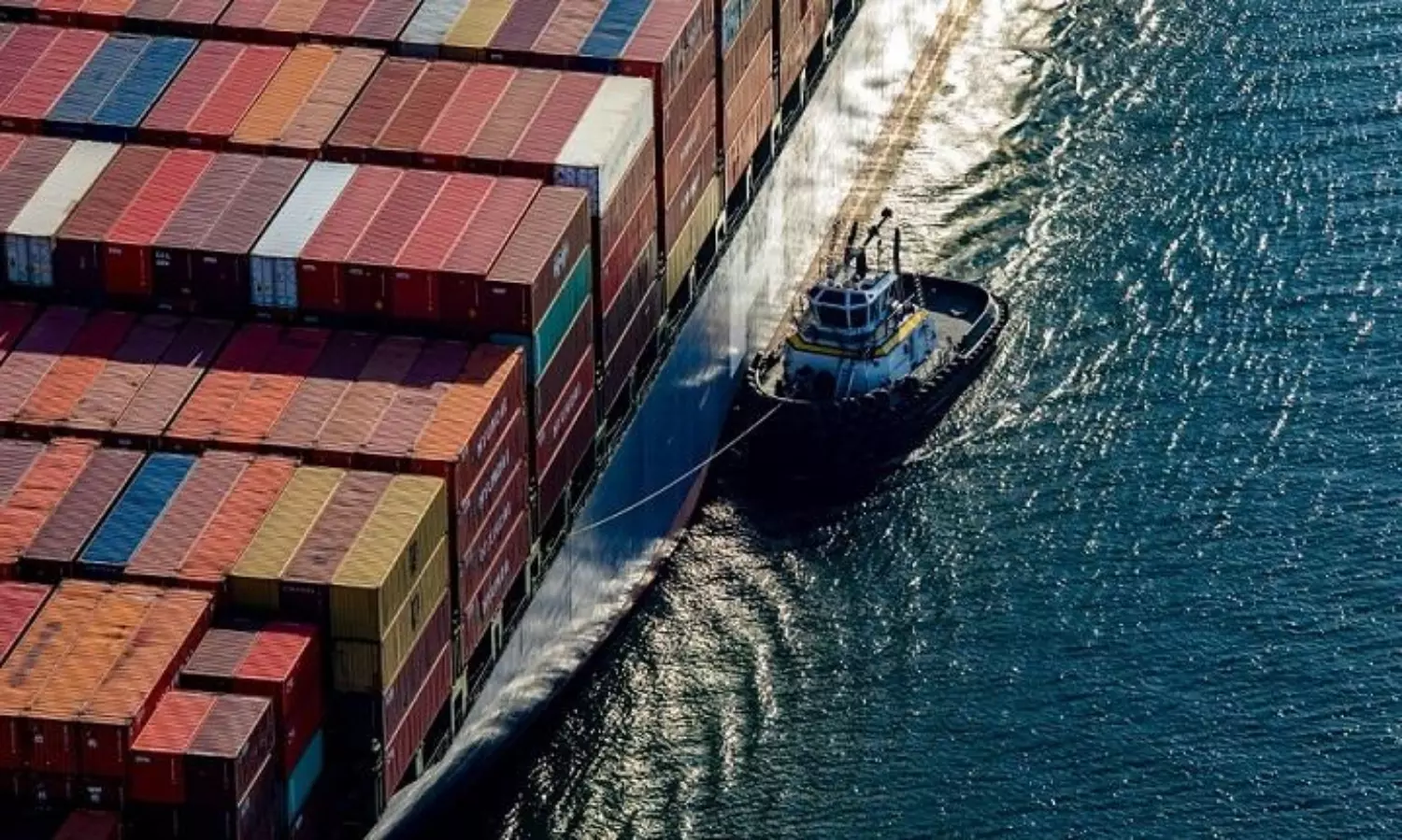DCSA begins final phase of eBL interoperability Proof of Concept
Final tests being done with ExxonMobil, ocean carriers and eBL platform providers

Digital Container Shipping Association (DCSA), a non-profit group established to further digitalisation and standardisation of container shipping, along with nine member-carriers, announced phase two of its electronic bill of lading (eBL) platform interoperability proof of concept (PoC).
"The PoC will be conducted in conjunction with CargoX, edoxOnline, essDOCS and WAVE BL. The companies will implement DCSA eBL Interoperability Standards to test eBL interoperability through the full bill of lading lifecycle using data that mirrors a live shipment," says an official statement.
DCSA had earlier released standards for eBL data formats and interfaces. "The eBL interoperability PoC leverages DCSA eBL Interoperability Standards 1.0 – Beta 1. Upon completion of the PoC, DCSA eBL Interoperability Standards 1.0 will be officially released and free to download for any platform provider to incorporate into their eBL solutions to ensure interoperability with DCSA standards-based eBLs."
Phase one of the PoC was completed in May 2022 with seven actively participating carrier members, ExxonMobil and four of six IGP&I-approved eBL solutions providers - CargoX, edoxOnline, essDOCS and WAVE BL. Completion of phase two is expected before the end of 2022, and will ensure full technological interoperability between participating eBL platforms, the statement said.
"ExxonMobil believes that digitisation enhances both customer experience and efficiency and sees value in adopting and scaling eBL solutions in the near term," says Georgios Diallas, Global Strategy & Improve Manager, Marine Container Team and ExxonMobil. "For an eBL system to be effective, it has to be interoperable across different platforms, and we applaud DCSA and its members for publishing standards to enable interoperability. We encourage all eBL platform providers to help fast track eBL adoption by embracing DCSA standards."
Stefan Kukman, CEO, CargoX adds: "Collaborating with DCSA and industry stakeholders to standardise paperless bills of lading and facilitate interoperability is an important part of the work we do. eBL will bring countless benefits to the industry including greater sustainability and efficiency. With our platform for blockchain document transfer (BDT), eBLs are smarter and more secure than paper-based alternatives."
For the global supply chain, fully interoperable eBL is a starting point for digital trade, says Thomas Bagge, CEO, DCSA. "It will make today's practices more efficient, reliable and sustainable but ultimately it will provide a foundation for further digitalisation. Actors in global supply chains want to be able to choose the best platform for their needs. For service providers, it will remove barriers to adoption and create an operational foundation that fosters innovation and collaboration."
Less than 1.2 percent of bills of lading was electronic according to the 2021-end study, Bagge added, and urged industry stakeholders to get involved and be part of the movement to work towards 100 percent eBL adoption.


